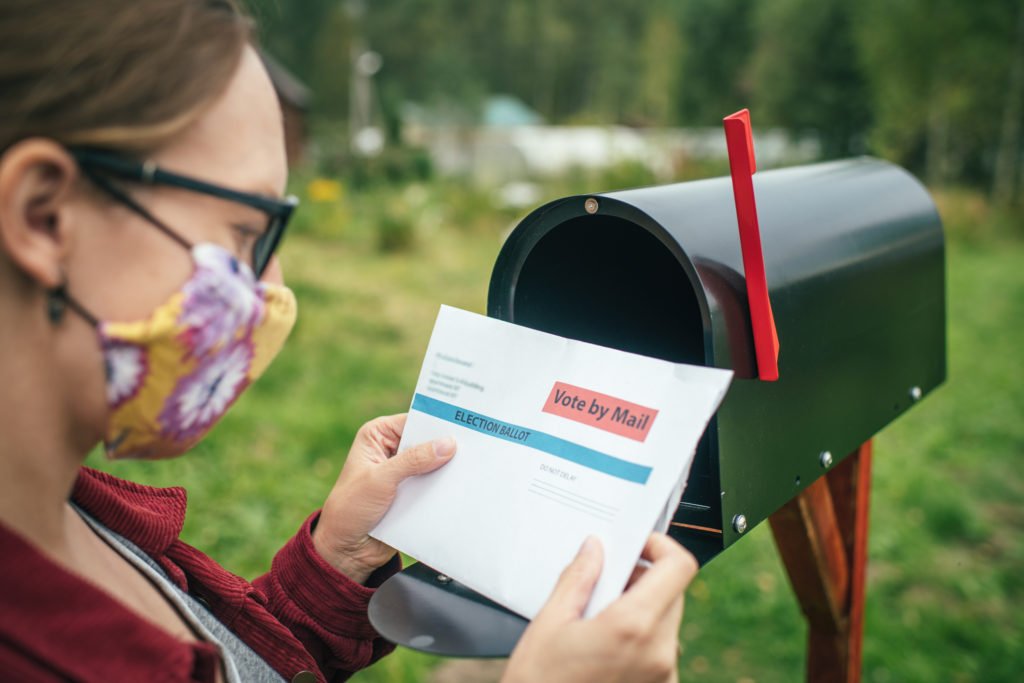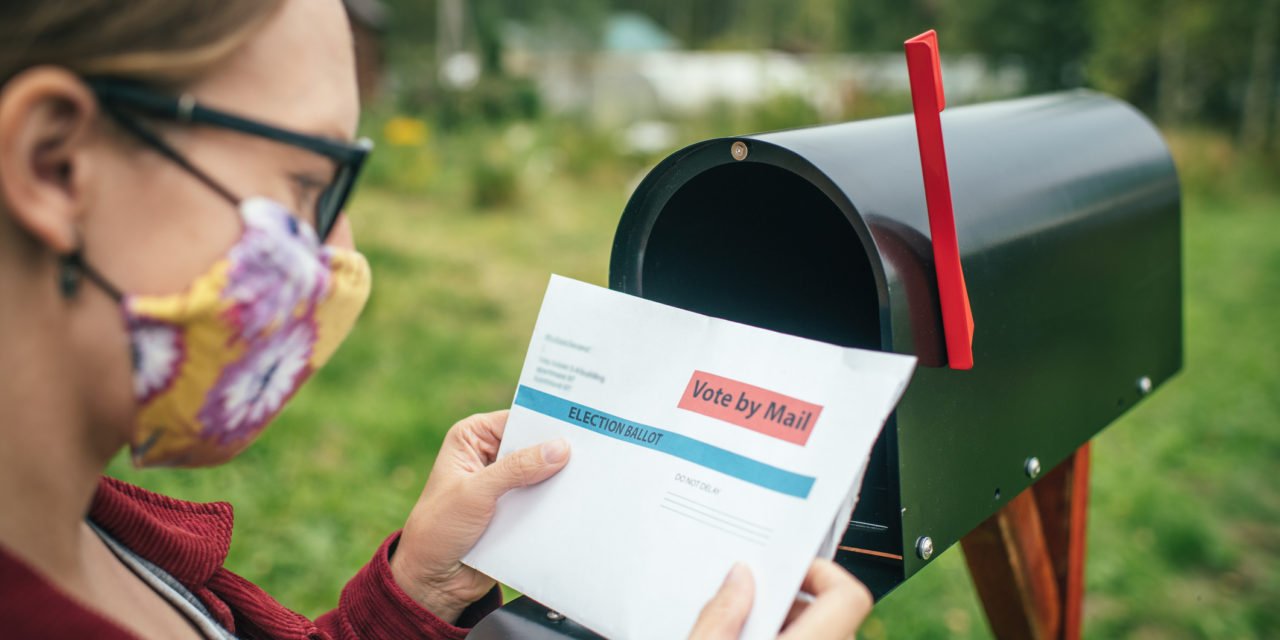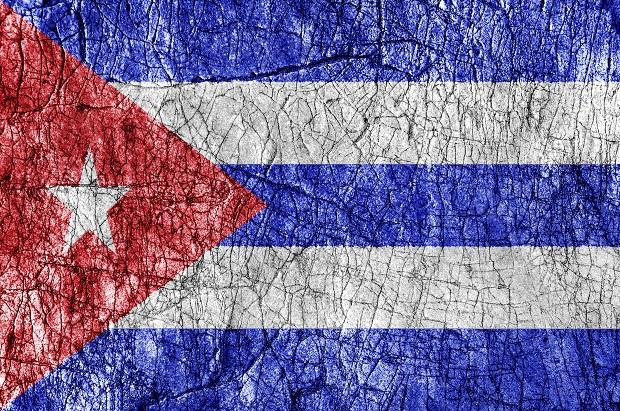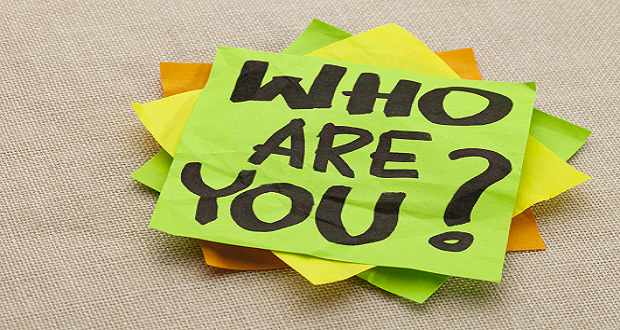
This year will go down in history for a variety of reason – a global pandemic, the loss or restructuring of jobs, reimagining education from home, a refocus on racial justice, and a presidential election during a moment of severe division in the country. But with less than two weeks until Election Day, we have to all step up to make our voices heard and choose the direction of this country’s future.
As so many people continue to quarantine and practice safe distancing guidelines, we have to be innovative about the ways we can amplify our voices and participate in activism. Share on XAs so many people continue to quarantine and practice safe distancing guidelines, we have to be innovative about the ways we can amplify our voices and participate in activism. If you cannot or do not feel comfortable going in person to knock on doors or volunteer as a poll worker, that’s okay. There are still safe, distanced ways you can get involved in the election and make a final push for voters this year.
1.) Texting
Most of us spend too much time on our phones anyway, so why not make that time count toward the election? Rock The Vote calls it relational organizing – the idea that a volunteer reaching out to someone familiar is more effective than a volunteer reaching out to a stranger. It’s easy to ignore a random number but a little harder to ignore a friend.
Rock The Vote has an app designed to help you text your friends and family with shareable resources and calls to action. They also have a training webinar available if you’d like to learn more about using it.
When We All Vote will give you a unique link to send to your network to get them registered to vote or check on their registration. You’ll be able to check back through the link to see who actually registered to vote and with whom to follow up.
HeadCount uses the power of music to register voters by reaching out to younger people and music fans at virtual concerts. You can sign up to volunteer for at-home texting during a variety of concerts, from Billie Eilish to the Dave Matthews Band.
The NAACP will give you a list of 10 unlikely voters in your community that you can text to make sure they have a plan to vote. They also provide you with training resources to prepare and gather talking points ahead of time.
2.) Phone Banking
Phone banking allows you to volunteer from home and go at your own pace, calling as many voters as you like and taking breaks in between. Indivisible has shifts you can sign up for to contact voters in key states and make sure they’re ready to take part in the election. You can also sign up to be a volunteer with the NAACP, in which they will send a link to their phone banking system and a quick video on how to make calls and motivate voters. They have a mission to reach 3 million voters in states where Black voter turnout will decide elections.
3.) Social Media
As many of us spend time scrolling through our social media feeds each day, When We All Vote decided to take advantage of that. You can join their #SocialSquad and receive social media posts and graphics via text that you can share on your personal platforms (Snapchat, Facebook, Twitter, Instagram, etc.). The posts include educational explainer graphics, deadline dates, and even rapid responses to fast changing voting information. You can help get vital information to voters in the last week before Election Day simply by posting on your own social media accounts with premade graphics and copy.
4.) No-Contact Canvassing
The NAACP offers a program for volunteers to distribute materials in high traffic African American communities where the materials will be left on voters’ cars and doors. They provide training for no–contact procedures and PPE use. You can set your own schedule and do as little or as much no-contact canvassing as you’d like. There are also training resources to prepare you for talking points.
5.) Pledge to Inspire Friends to Vote
Rock The Vote is asking people to pledge to vote in every election and help three friends do the same. They believe that a reminder from a friend can make all the difference. HeadCount, When We All Vote, All in to Vote, the NAACP, and more all have similar pledges.
6.) Talk with Friends and Family About Voting
Having conversations with friends and family about politics can be off-putting for some, to say the least, and doing so with those who are reluctant to vote can be awkward, difficult or frustrating, as HeadCount says. They’ve created a guide for talking to friends and family about voting with suggested responses and resources for comments like, “I don’t like any of the candidates,” “It’s rigged. What’s the point?,” “My vote doesn’t matter,” or “It’s just not something that interests me.” They also provide links to take action in getting your friends or family registered to vote, checking their status, or making a plan to vote.
7.) Cast Your Ballot!
We have experienced a lot of uncertainty this year, but this election is a chance to make your voice heard and take part in the decision-making process. Whether you are voting early, by mail or in person, make a plan. Be prepared by looking up the ballot in your state ahead of time because it’s not just the president we are voting for. And ask your friends and family if they need help creating a voting plan this year during the pandemic. Change starts with you and your vote!
This year has taught us, among many other things, how to be creative as we work, learn and live at home. Now we are being called to be activists from home, and we have a chance to make real change. As Loung Ung said, “When we vote, we take back our power to choose, to speak up, and to stand with those who support us and each other.”
This year has taught us, among many other things, how to be creative as we work, learn and live at home. Now we are being called to be activists from home, and we have a chance to make real change. Share on X


















